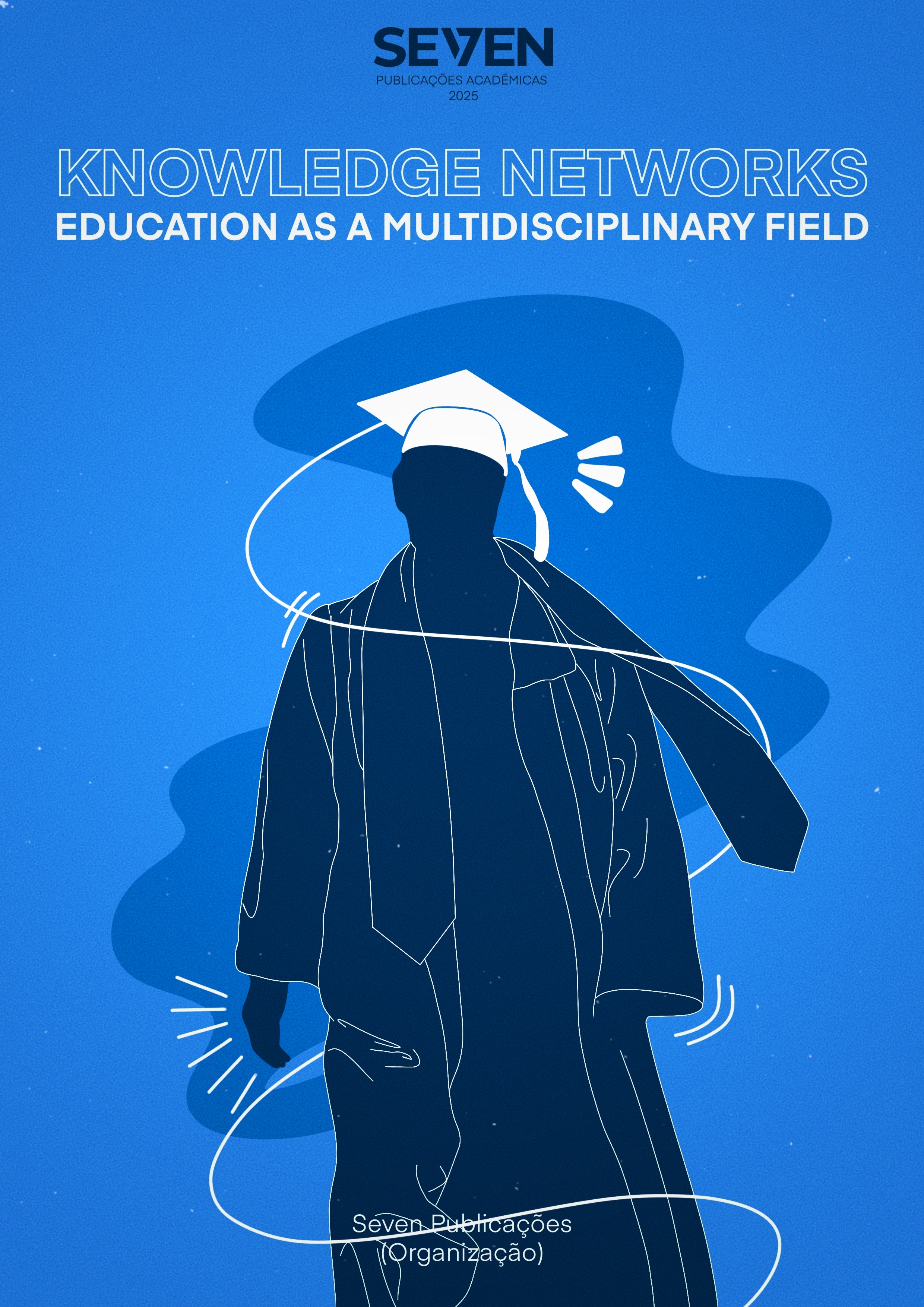BEYOND THE MODEL: RETHINKING EDUCATION IN THE FACE OF DISABILITY PROTOTYPES
Keywords:
Inclusive Education, Theoretical Models of Disability, Social Rights, Paradigms of InclusionAbstract
This paper conducts a historical and social analysis of models of understanding disability and their relationship to the schooling process of the target audience for special education. Based on a literature review, we discuss the evolution of paradigms that have shaped social, medical, religious, and legal conceptions of disability. Our work explores the four main theoretical models of disability—religious, medical, social, and finally, biopsychosocial—evidencing how each influences educational practices and public policies aimed at people with disabilities (Oliveira, 2022). It is noteworthy that despite advances in legislation and fundamental rights, the realization of full inclusion still faces structural, attitudinal, and pedagogical barriers. Thus, overcoming these challenges requires a broader understanding of disability, combined with intersectoral policies and, of course, teacher training committed to equity and diversity.
Downloads
Published
Issue
Section
License
Copyright (c) 2025 Kássia Lia Costa Fernandes, Alanna Oliveira Pereira Carvalho, Paulo Vinicius Leite de Souza, Antonio Eufrásio Vieira-Neto, Natália Chaves Gondim Vieira, Newton Sérgio Lima Junior, Daniela Fialho da Silva, Nadja Ully Martins Paula, Ítalo Rodrigo Paulino de Arruda

This work is licensed under a Creative Commons Attribution-NonCommercial 4.0 International License.





